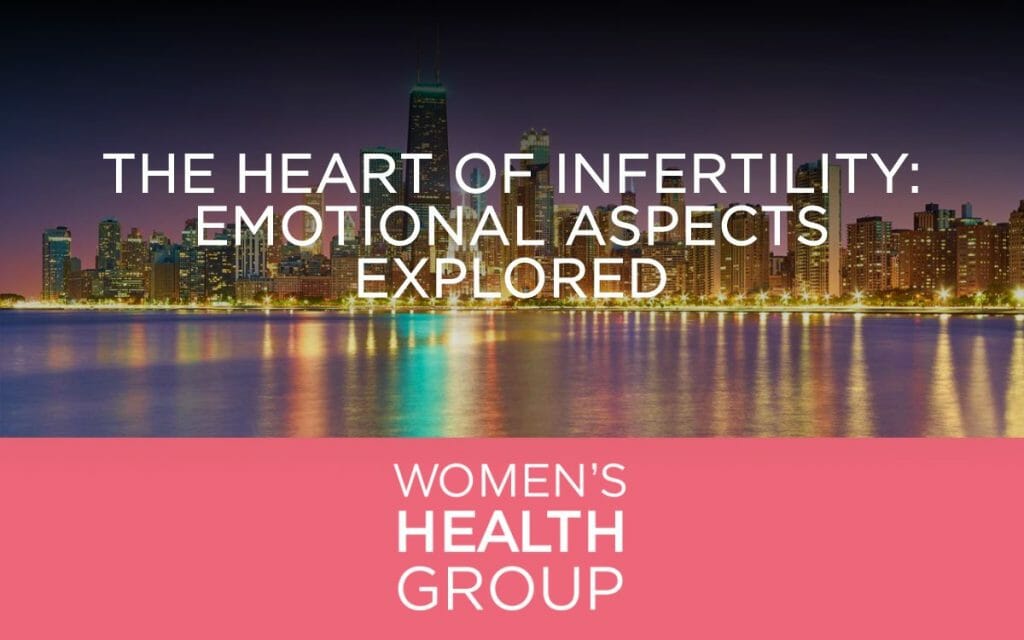Understanding the Heart of Infertility
Infertility—an issue that affects about 15% of couples worldwide—consists of not only the physical part that deals with the biological inability to conceive, but is also deeply enmeshed in so many emotional layers, akin to peeling the layers of an onion. This inability leaves a deep mark on the emotional well-being of individuals, particularly women. It is crucial to truly comprehend the heart of infertility, which signifies the emotional aspects that accompany this condition.
A study conducted by the Mayo Clinic auspiciously highlights the emotional and psychological effects that infertility can have. The emotional stress of infertility can be likened to the stress associated with illnesses such as cancer, HIV, and chronic pain.
The Emotional Roller Coaster: Infertility’s Impact on Mental Health
The journey of struggling to conceive can be a heartbreaking one, laced with a myriad of emotions, including sadness, frustration, guilt, and loneliness. It brings along a stream of potential mental health issues, such as anxiety and depression. Isolation is another significant consequence as many women experiencing infertility often feel misunderstood by friends and family who trivialize their pain or, worse, remain blissfully oblivious to it. The societal pressure to be a mother adds another layer to the distress already associated with a failing fertility status.
Unveiling the Mask of Helplessness and Fear
Dealing with infertility can provoke feelings of helplessness and fear in women. The helplessness often stems from the uncontrollability of the situation, and the fear can revolve around worrying about the future, potentially living a life without children, handling invasive treatments, or even the fear of the stigma attached to infertility. Women often grapple with feelings of inadequacy or damaged self-esteem, aggravated by recurrent negative pregnancy tests. The emotional toll can also filter into relationships, causing strain and stress.
Grieving the Loss of a Dream
Many women and couples begin dreaming and planning for their next generation long before they even attempt to conceive. Finding out that one is infertile can feel like a loss, somewhat akin to grieving for a loved one. Women battling infertility often undergo a prolonged grief period, mourning the loss of their genetic offspring, future family celebrations, and the perceived joy associated with pregnancy and childbirth.
Gender Narratives and Infertility
As per societal norms, the identity of a woman is often tied to motherhood. When a woman cannot conceive naturally, it often results in a loss of self-esteem and feelings of worthlessness. These societal expectations can significantly impact a woman’s mental health, leading to depression, suicidal tendencies, and even triggering eating disorders in some cases.
Struggling for Acceptance
Accepting infertility is an arduous step. Many women go through denial before ultimately accepting their reality. This journey to acceptance can be a long and painful one, where women must battle not only their emotions but also the harsh realities of societal expectations and norms.
Walking the Path of Resilience
Despite such emotional turmoil, women facing infertility can display incredible resilience. Overcoming the emotional adversities of infertility enhances strength, skills, and abilities. Patient support groups, counseling sessions, or psychological therapy can be instrumental in tackling the emotional upheavals caused by this condition. Women’s Health, in their article, highlight how medical treatment, support groups, and counseling can help to manage the emotional aspects of infertility.
Finding Hope amid Despair
Despite the emotional tumult, there’s light at the end of the tunnel. Emotional wellness initiatives, supportive networks, and advances in reproductive technologies provide hope to women trudging the tough walk of infertility. Adoption, surrogacy, and egg donation are viable options that give women an opportunity to become mothers, irrespective of their fertility concerns.
In conclusion, it is pivotal to consider the emotional aspects linked with infertility—not just the physical ones. The heart of infertility may be heavy, but it’s essential to realize the emotional trauma and the resilience of the women traversing through it. Health professionals, friends, and families should provide the emotional support needed, facilitating an environment where conversations around infertility are normalized, and these women are not made to feel any less than what they truly are—complete.




